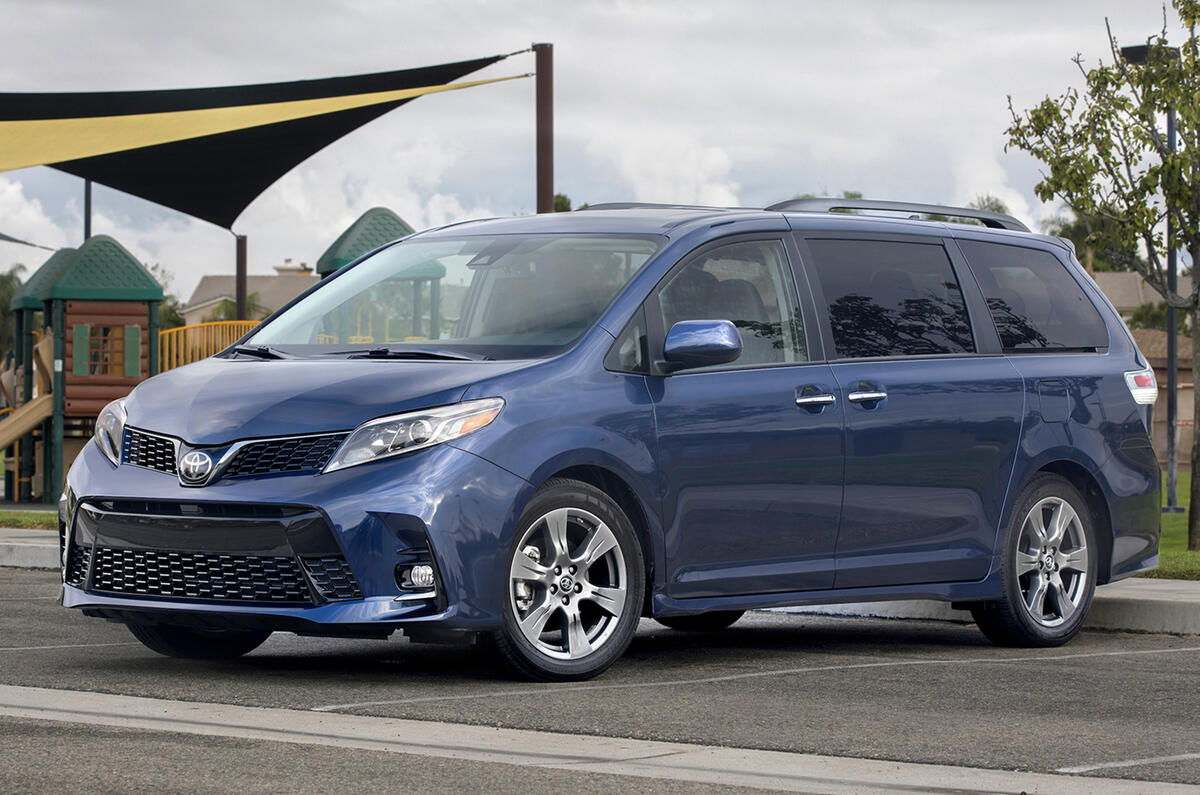Toyota has announced an investment of more than £388 million in ride sharing company and driverless car tech developer Uber.
The investment has been made “with the aim of advancing and bringing to market autonomous ride sharing as a mobility service at scale,” says Toyota, which has also pledged to purpose-build a fleet of Toyotas to test out the technology on Uber’s network.
The cars provided to Uber will be based on Toyota’s Sienna MPV - sold in the US as a rival to the Chrysler Pacifica, the Ford S-Max-sized MPV of choice for Uber’s rival driverless technology company and Google subsidiary, Waymo. The Toyota test car will be called Autono-MaaS (autonomous mobility as a service).
“Combining efforts with Uber, one of the predominant global ride sharing and automated driving R&D companies, could further advance future mobility,” said Shigeki Tomoyama, head of Toyota’s connected car division.
Uber has already partnered with Volvo for its driverless car partnership, but it’s understood that Toyota will work alongside Volvo as an Uber partner, rather than replacing the Geely-owned Swedish brand.
Toyota is aiming for mass adoption of self-driving technology as a result of the partnership with Uber. In recent years it has showcased concepts of fully driverless pods.
Uber CEO Dara Khosrowshahi said: “Our goal is to deploy the world’s safest self-driving cars on the Uber network. This agreement is another significant step towards making that a reality. Uber’s advanced technology and Toyota’s commitment to safety and its renowned manufacturing prowess make this partnership a natural fit. I look forward to seeing what our teams accomplish together.”
Toyota Research Institute CEO Gill Pratt said: “Uber’s automated driving system and Toyota’s Guardian system will independently monitor the vehicle environment and real-time situation, enhancing overall vehicle safety for both the automated driver and the vehicle.”
Pratt has previously called for clarity about the classification of levels of autonomy.
Read more:
Volvo and Uber partner to develop autonomous technology
Chrysler realigned as MPV-focused, shared mobility brand




Join the debate
Add your comment
To good to be true..?
Autonomy is coming whether we want it or not, like a newborn Baby it’ll take time for it to find it feet, there will be teething trouble and then the learning process for us all in using it , and there’ll be Parental swabbing between brands, but eventually when it’s working we’ll wonder why we bothered, bothered to think it was impossible, here’s a question, what are we going to do with the old fashioned Cars in future?,there’ll be millions of them rusting away?